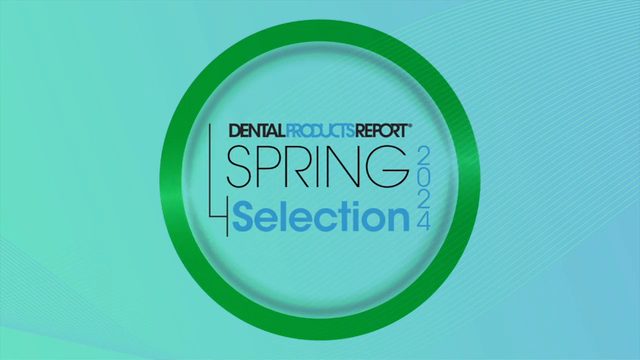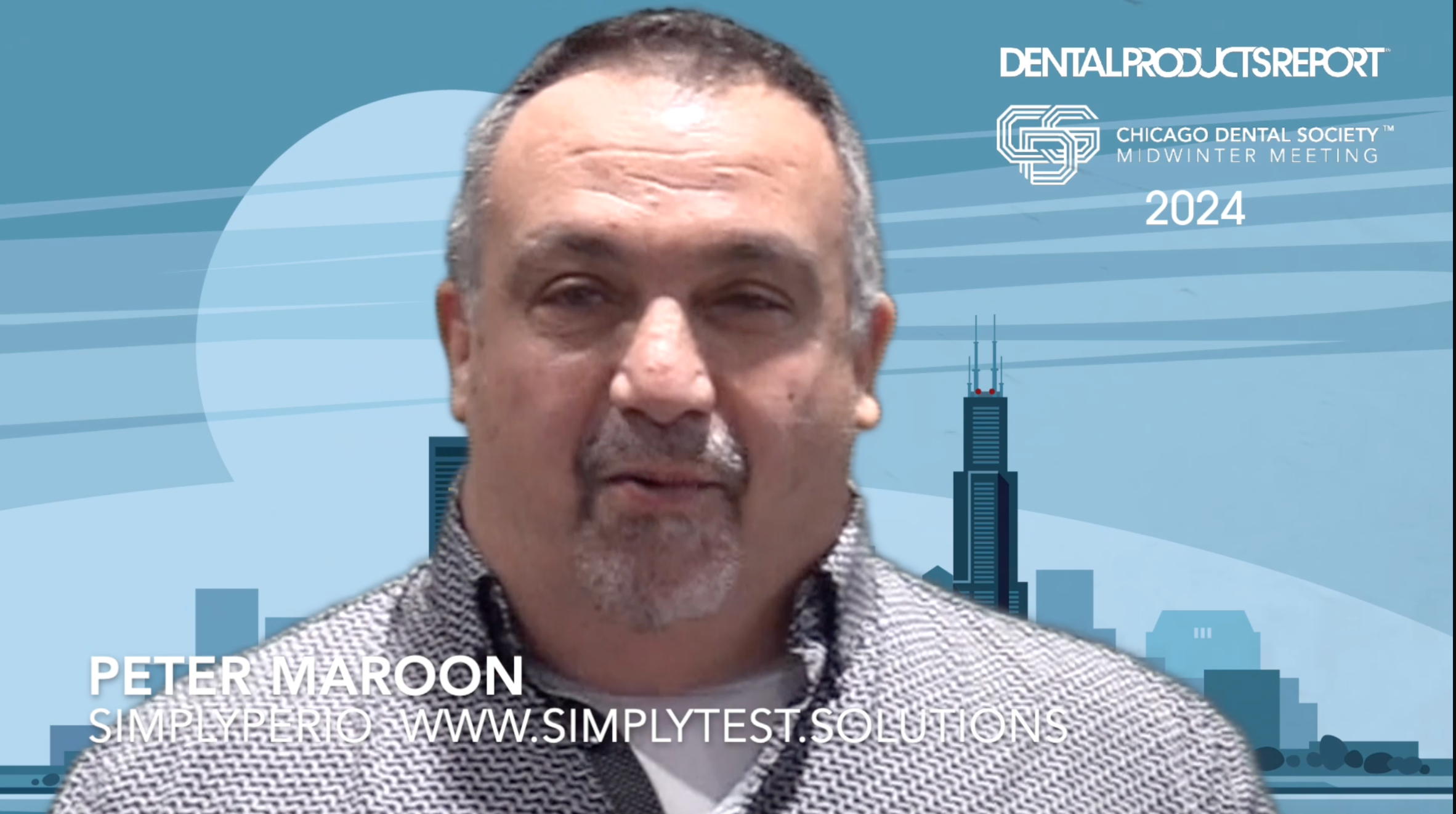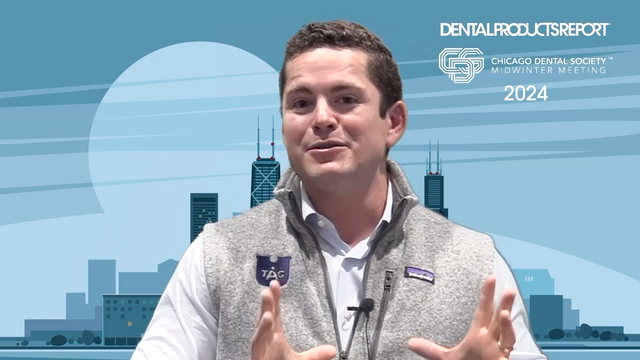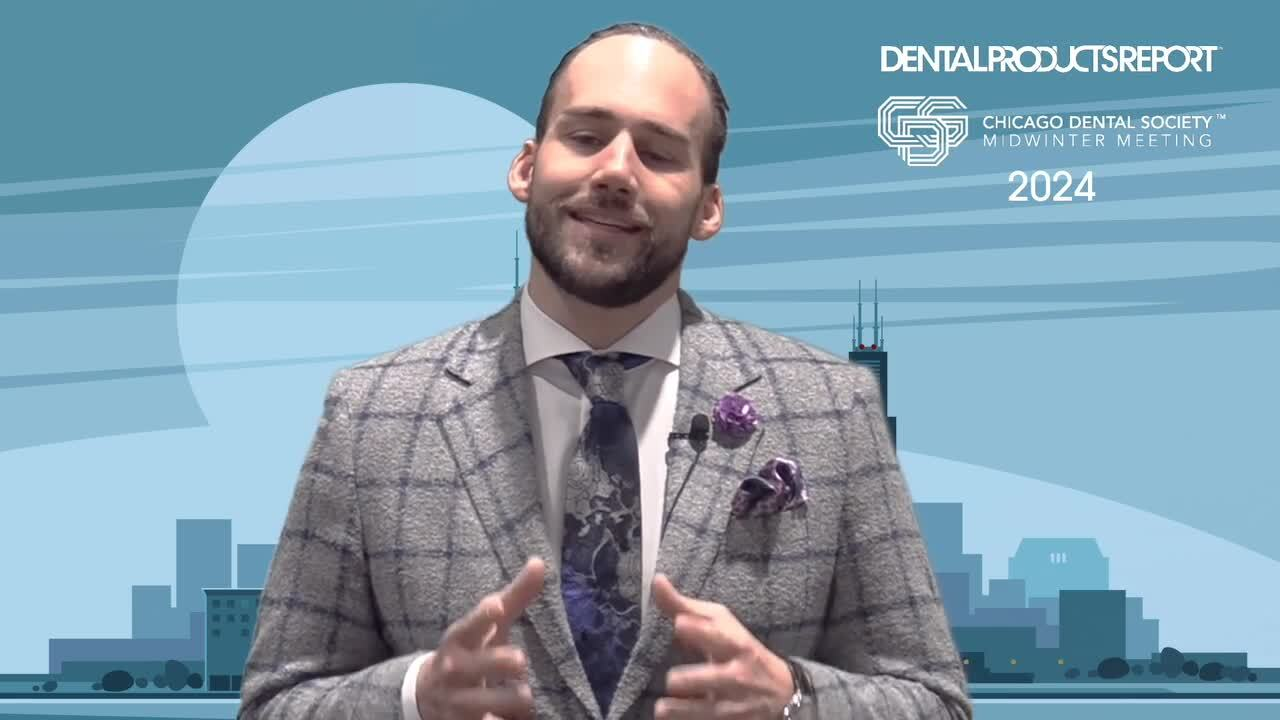When It Comes to a Dental Divorce, Start with the Best Evaluator
Dentists need to be aware of the differences between paying tax-deductible alimony and a lump sum settlement, as well as making sure their team works well together.
KIEFERPIX / STOCK.ADOBE.COM
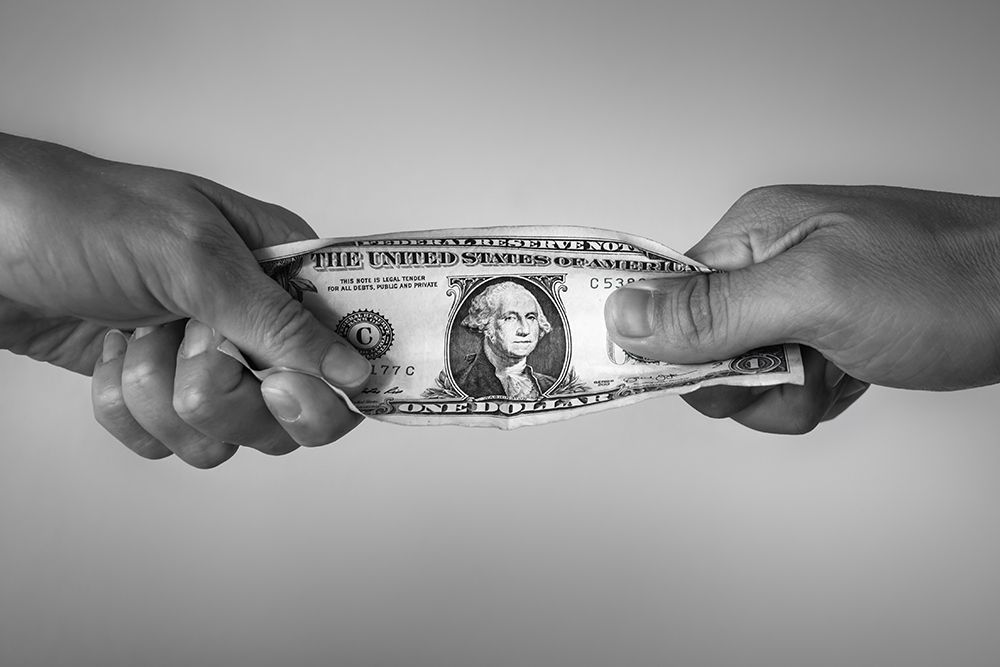
These days there is no more tax deductibility to making a monthly payment for alimony to an ex-spouse during and after a divorce has just occurred. Unlike in the past, the payment for alimony could have been used to determine whether the monthly tax-deductible payment became a cheaper source of money to the payor of the alimony than being stuck with a lump sum or a “stretched out,” payment to the ex-spouse.
Today there is no analysis necessary from a tax perspective since there is no more tax advantage to the use of alimony as it does not exist. There may be other reasons to agree to a monthly payment that is not tax deductible such as the inability to raise the lump sum needed for the payment or the agreement between the parties that the monthly payment is the best situation for each spouse. The decision will have nothing to do with taxes.
When preparing a dental practice valuation, the attorney’s advice is to always make sure that the payee is not getting the advantage of “double dipping” into receiving the value of the dental practice plus and lump sum payment for alimony.
Those may wonder how this “double dipping” can occur when the value of the dental practice is decided in the court room if the parties do not accept some type of compromise between themselves to save the time and money of a battle in the courts. Aren’t the values of the asset 1 point of contention and the lump sum payment for alimony or even a non-tax deductible monthly payment for alimony 2 different things?Once there is a determination of the value of the dental practice, a compromise between the parties or an opinion from the court will decide which spouse gets how much of the value of the dental practice. Doesn’t the alimony, which ever method of payment is accepted, present a different approach to that amount of money?
Advisors worry because in a professional relationship, the funds earned by the dentist for working should not have anything to do with the value set aside for the payment of the distribution of the value of the dental practice attributed to the spouse. The dental practice valuation should be very clear as to the amount paid to the dentist for working compared to the value of the dental practice being created by the dentist as an asset.
There should not be an issue between income available for alimony from the dentist to the ex-spouse and the distribution of the value of the dental practice as an asset to be shared in some manner:
To the dental practice valuation expert who has been retained by the dentist to prepare the practice valuation, the instructions and purpose of the valuation should be as clear as can be. The CPA/CVA or CVA who prepares the valuation should have no misunderstanding of what needs to be presented so the court and, if need be, can prepare an opinion based on the presentation in the valuation if the parties don’t agree to a settlement. There should be a defining explanation of the compensation the dentist used for understanding his or her own earnings from working for the practice.
This would be similar to other professional dentists working at the dental practice and being paid for his or he work. These amounts range from a percentage of the collected production of the dentist minus certain charges such as lab fees, etc. The percentages are based typically on the part of the country where the practice is located and what the competition is earning for comparison purposes. Just as the amount being earned by the dentist for working at the practice, the value of the dental practice to be used for distribution purposes should similarly be easy to discern from the dental practice valuation and should only be used for distribution purposes. There should be no chance of “double dipping,” if an experienced dental practice evaluator is hired for the preparation of the valuation and the presentation to the courts.
Interaction between the advisors such as the attorney, CPA, and dental practice evaluator:
At times there is friction between the advisors to the dentist when the preparation and finalization of the paper work is being prepared. That is not a bad thing so long as all of the advisors are on the same team and striving for the best presentation possible for the dental client. Things start to go sideways when one of the advisors is not really an expert in the field.
It is very typical that an attorney is not a specialist in dealing with dentists. A reason is that it is rare for an attorney to have a case where there are dentists involved with a lawsuit or a settlement conference. It is one of the last professions to be involved in the litigation process. Because of this, it is important to find an attorney who has some experience with the dental field. If there is too much difficulty in retaining one with this type of experience, the next best thing is retaining an attorney who at least is a listener and will follow the advice of the experts retained to work with the other team members. The order of importance of the advisors is probably, (1) the dental practice evaluator, (2) the dental practice CPA, and then (3) the attorney. Any other advisors may slow down the process and frustrate the entire team, worst of all, the dental client.
The best advice for resolving the issues and getting on with life:
One of the best pieces of advice that anyone can give is to be sure of the dental practice evaluator before that person is retained. Once on board, let everything flow through the dental practice evaluator with input from the other professionals and of course the dental client.




